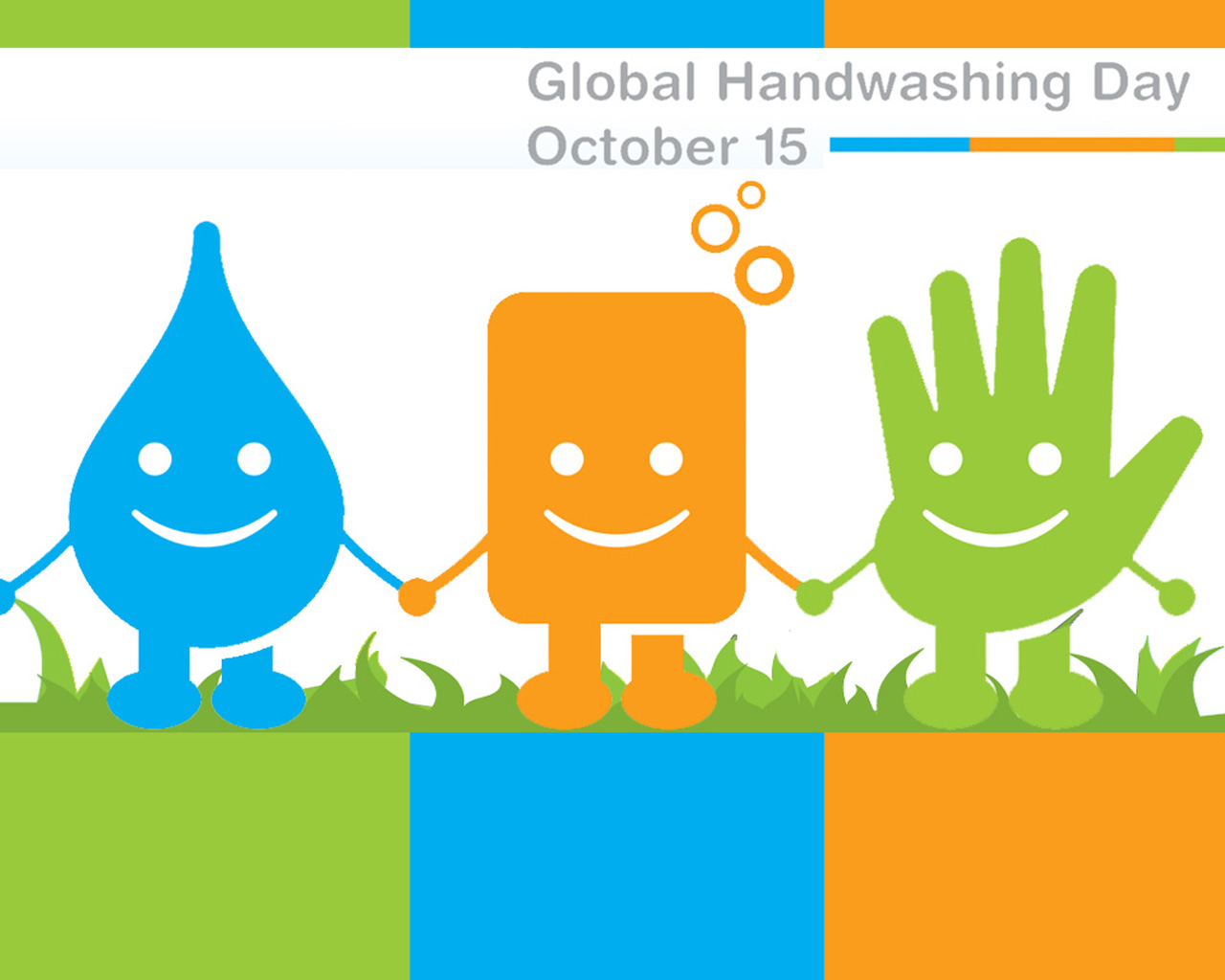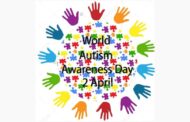Global Handwashing Day is a campaign to motivate and mobilize people around the world to improve their handwashing habits. Washing hands at critical points during the day and washing with soap are both important.
Global Handwashing Day was initiated by the Global Handwashing Partnership in August 2008 at the annual World Water Week in Stockholm, Sweden. This means that the first Global Handwashing Day took place on 15 October 2008. The date was appointed by the UN General Assembly. The year 2008 was also the International Year of Sanitation. The founding bodies in 2008 included: FHI360 (a nonprofit human development organization based in the US), US Centers for Disease Control and Prevention, Procter & Gamble, UNICEF, Unilever, World Bank Water & Sanitation Program and the United States Agency for International Development.
Global Handwashing Day occurs on 15 October of each year. The global campaign is dedicated to raising awareness of handwashing with soap as a key factor in disease prevention. Respiratory and intestinal diseases can be reduced by 25-50%.
The Global Handwashing Partnership (formerly called “Public Private Partnership for Handwashing” (PPPHW)) established Global Handwashing Day in 2008 as a way to promote a global and local vision of handwashing with soap.
Steering Committee members of the GHP include Colgate-Palmolive; FHI 360; The London School of Hygiene and Tropical Medicine; Procter & Gamble; UNICEF; Unilever; University at Buffalo; USAID; the Water and Sanitation Programme at the World Bank; and the Water Supply and Sanitation Collaborative Council.
Continued research on handwashing habits and practices is commissioned in conjunction with GHD. In 2011, Svenska Cellulosa Aktiebolaget (SCA), sponsored a study to assess the handwashing habits of American and Canadian adults, finding that many were not using soap when washing their hands.
The aims of Global Handwashing Day are to: Foster and support a general culture of handwashing with soap in all societies,Shine a spotlight on the state of handwashing in each country,Raise awareness about the benefits of handwashing with soap.
Activities-Each year, over 200 million people celebrate Global Handwashing Day.
Handwashing with soap is very effective and the least expensive way to prevent diarrhea and acute respiratory infections. Pneumonia, a major ARI (acute respiratory infection), is the number one cause of mortality among children under five years old, killing an estimated 1.8 million children per year. Diarrhea and pneumonia together account for almost 3.5 million child deaths annually. Handwashing with soap is estimated to reduce cases of diarrhea by 30% and respiratory infections by 21% in children under the age of five.
It is important to make handwashing into a habit. Good handwashing with soap before eating and after using the toilet into a regular habit can save more lives than any single vaccine or medical intervention, cutting deaths from diarrhea by almost half and deaths from acute respiratory infections by one-quarter.
Handwashing is usually done together with other sanitation interventions as part of water, sanitation and hygiene WASH programmes.
The Global Handwashing Day helps raise awareness of the importance of washing with soap, but it also makes it fun for children to get involved.
Proper hygiene requires that individuals know the importance of good hygiene and develop the habits to carry it out. There are people with plenty of money but nonetheless, they lack the important habits of timely handwashing with soap, and thereby unknowingly endanger themselves and others around them.
Peer influence is significant to seeing increased handwashing among students. In a study conducted in Kenya, researchers found that students were much more likely to wash their hands when another student is present. Peer influence is only successful, however, when students know that handwashing is a desirable action.
The World Health Organization (WHO) celebrates a World Hand Hygiene Day on 5 May. In 2018 the theme was prevention of sepsis in health care. The theme of the year before was to combat antibiotic resistance (AMR).Agency








